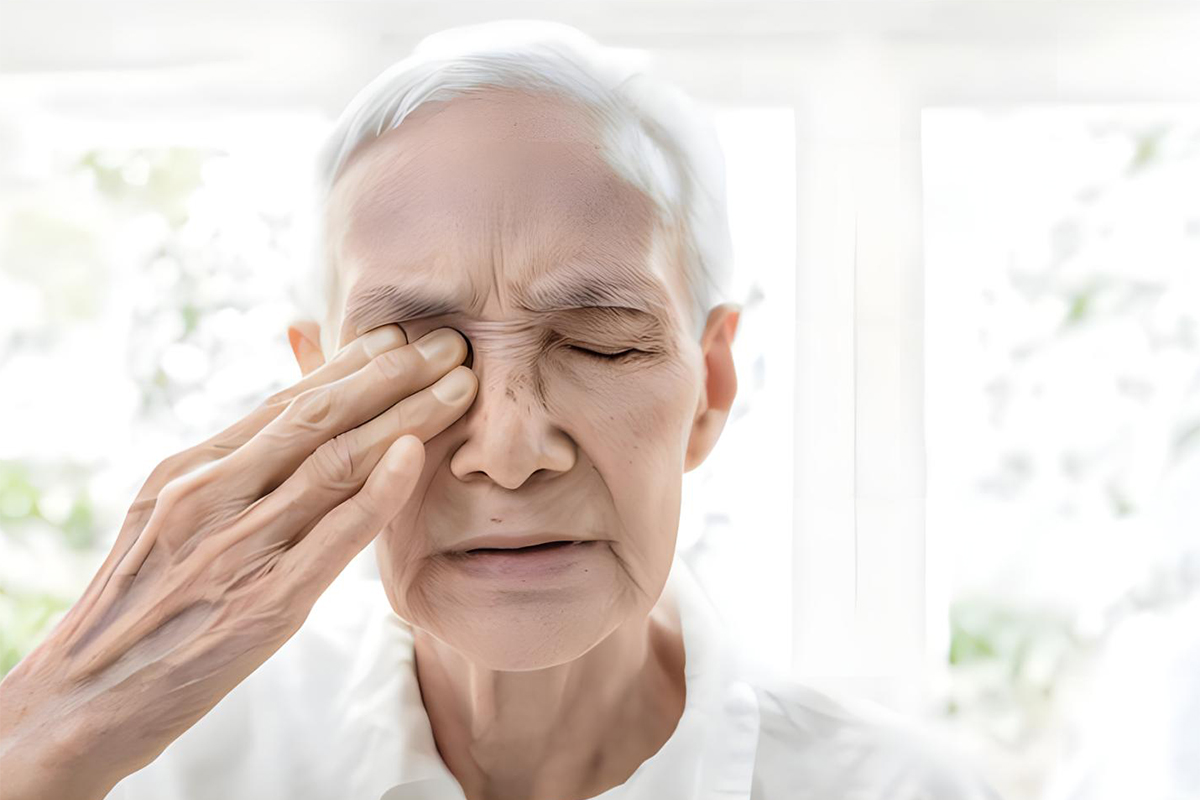The two most serious problems in the 21st century are “global warming” and the other is “population aging”. Aging is the process in which the human body gradually loses the normal function of its organs, leading to vulnerability to disease and eventually death; and There is a mysterious relationship between aging and the mitochondria in human cells. The essence of aging can be explored from the mitochondria. After all, in the process of biological growth, autologous cells continue to accumulate endogenous and exogenous damaging factors that damage tissues and organs; when the damage in tissue cells accumulates to a certain extent and seriously affects various basic functions that maintain their life, Eventually the organs fail leading to the death of the individual.

Mitochondria = Human cell generator
“mitochondria are equal to the generators of human cells!” Yau-Huei WEI, president of Mackay Medical College, who has studied mitochondria for 32 years, said that mitochondria are like energy factories of cells. In the past 10 years, Research has found that mitochondria play an important role in the aging process. It is like a “biological clock”. If it turns too fast, it will cause oxidative damage to cells, dysfunction of tissues and organs, and accelerate aging and the onset of some degenerative diseases.
Yau-Huei WEI said that the life span of animals is closely related to the metabolic rate of cells in the body, and the metabolic rate is inversely related to aging. “Mitochondria are the energy metabolism center of mammalian cells.” Cells metabolize any nutrients It all has its own logic and delicate control. If the metabolism is too fast, it is like driving the car too fast. If the speed limit is often exceeded, the car will soon be scrapped.
mitochondria not only synthesize ATP but are also the main place where cells produce reactive oxygen molecules. ATP is like “energy currency”, providing the energy needed for cells to perform various physiological activities; however, reactive oxygen molecules will attack mitochondrial DNA , lipids and proteins. Comparative biology studies have also found that the rate at which mitochondria produce hydrogen peroxide is negatively correlated with the length of animal life.
Research in recent years has also found that some mitochondria in aging tissue cells have functional defects. Not only do these mitochondria have a low efficiency in ATP synthesis, but they also produce too many oxygen free radicals, which can cause tissue damage. Oxidative damage and functional decline cause people to gradually age.
The number of mitochondria in the human body ranges from one or two to more than 1,000. “People who exercise regularly have more mitochondria in their muscle tissue cells.”

Mother contributes greatly to a child's health and lifespan
There is also DNA in mitochondria, which are round and naked. Because they are not protected by proteins, they are easily attacked by oxygen free radicals. If there is a mistake, there will be adverse consequences. And because mitochondria are inherited from the maternal line , the mother contributes more to the child's health and life span than the father. The quality and quantity of mitochondrial DNA will affect the efficiency of cells in producing ATP, and also indirectly affect the rate at which they produce reactive oxygen molecules.
If free radicals are not effectively removed and accumulate day by day, it will be like an old car. Even if you step on the accelerator, it will not run fast and there will be a lot of exhaust gas. The aging and damaged mitochondria will inevitably accumulate over time. It leaves traces of aging, but if it is properly maintained and recharged in a timely manner, the mitochondria can remain bright and beautiful.
In addition, many mitochondrial DNA damage and point mutations are often found in aging human tissues, especially in the heart, liver, lungs, brain and skeletal muscles. The older people are, the more mitochondrial DNA damage and The higher the mutation rate, even the respiratory function decreases significantly with age, which is why exercise should not be too intense when you get older; the elderly cannot run 100 meters, and their muscle explosiveness is gone.
Dean Wei also gave the example of animal experiments at Yang-Ming University. For example, when certain genes were deleted from mice, the mice developed mitochondrial defects within two weeks of birth and premature aging, including neuromuscular degeneration, between four and eight weeks old. , blurred vision, gray hair, osteoporosis and sagging skin, this makes him suddenly look twice as old as a normal wild rat.

The beginning of aging when mitochondria begin to loosen
Where does aging begin? When the mitochondrial structure begins to become loose and abnormal, which means increased cell apoptosis, muscle cell disease, osteoporosis and other phenomena, this is the beginning of “aging”.
mitochondria play an important role in initiating cell energy, but they are not loyal servants. With oxidative damage, they will also act like a time bomb. Not only do they fail to do their job, but they cause cell apoptosis. “It's like This traditional Bagua has two sides: Yin and Yang. The positive side produces good ATP, and the negative side produces free radicals. It must be balanced under normal physiological conditions.”
But what is the best secret to anti-aging? Long-term research has confirmed that “dieting can extend lifespan”. Reducing food intake to 60-70% of normal can extend the lifespan of mammals by about 35%. This is also The reason why people have been encouraged to eat 70% full for a long time.
In addition, many diseases are related to mitochondrial abnormalities. In life, do not push yourself too hard or be under too much psychological pressure. “Learn to adjust your mood.” You should have a good rest at night. “You must have perseverance to take care of your body.”
(Reference source: Dr. Yau-Huei WEI, President of Mackay Medical College, the article is reprinted from the “Sci-Tech Vista” website【Can the biological clock run slower? - Exploring the nature of aging】, the text and subtitles have been edited)


